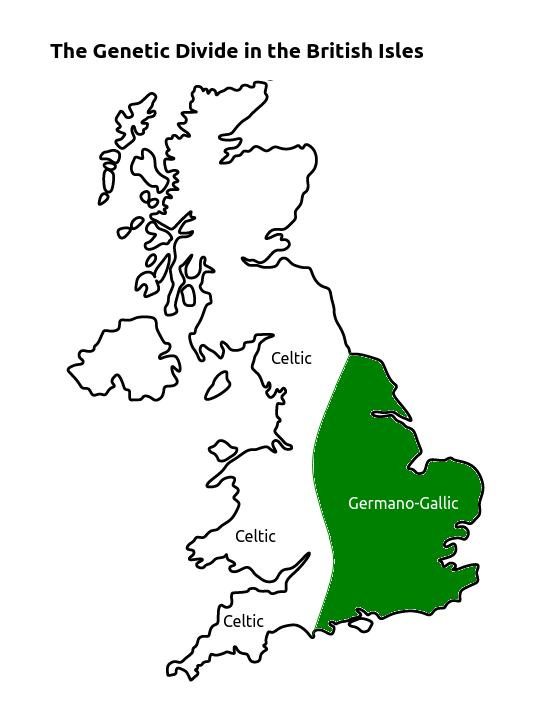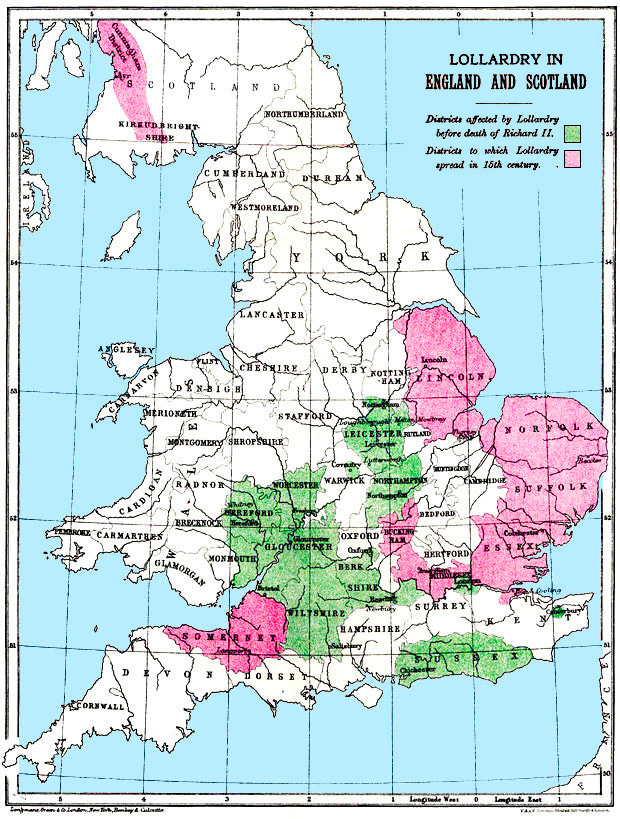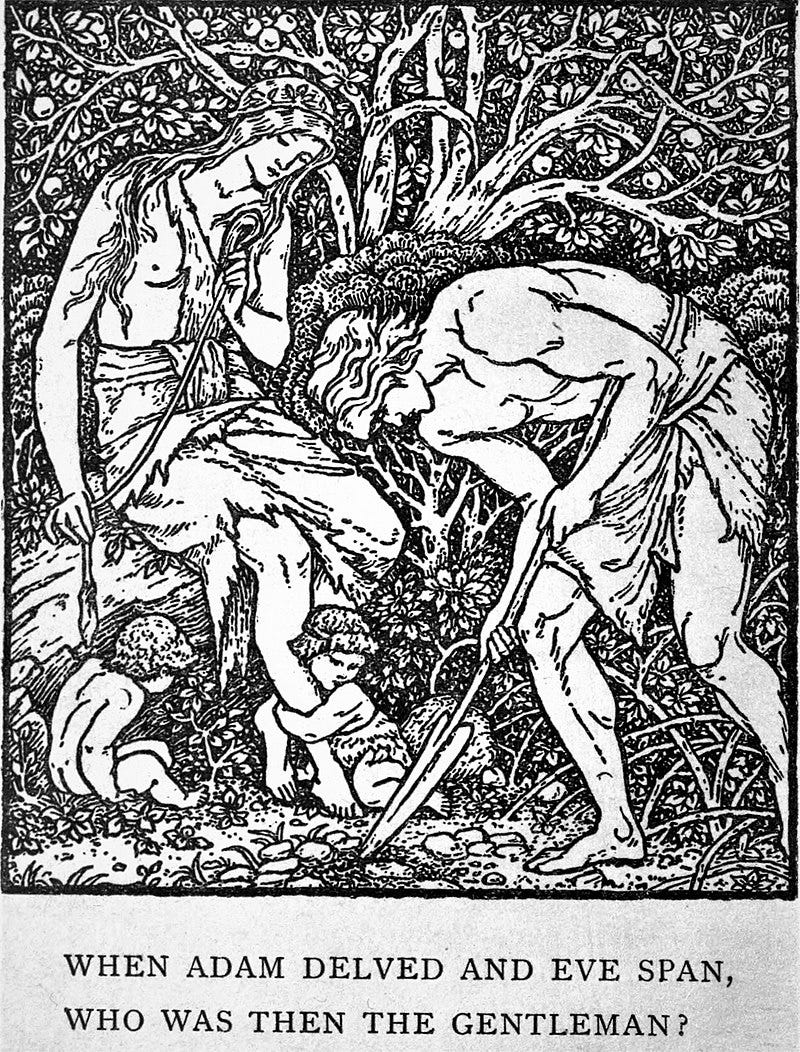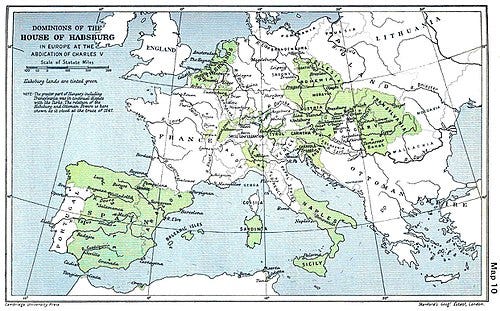The 21st century marks the end of the English people as a separate people. As “peoples” go they had a long history of at least 2000 years. This allowed them to develop a distinctive, individualistic culture that, over the past 400 years, changed the entire world. The English race is now in terminal decline, only a third of the population of London, the capital and centre of media and culture, are now of English ancestry. Being English is increasingly reviled by the successor population in this Island. This is normal, the dominant population usually treats the memory of the previous inhabitants as of no value - think of the treatment of the natives of North and South America by the USA and by the Brazilians etc. Eventually, in a few centuries time, the memory of the English may be rehabilitated.
The most important fact in English history is that for perhaps three thousand years the people in the West and North of the British Isles successfully resisted invasion. This meant that continental European influence was marked by limited expansions from the South East that gave the Continental side of Britain a separate identity. This is evident in the genetic makeup of British-English people. The genetic divide is shown in the simplified diagram below:
The most important migration and invasion occurred in the first millenium BC when a tribe called the Belgae, which was based in North East France, Belgium and the Western Netherlands, invaded or migrated to the British Isles. Belgic tribes such as the Atrebates, the Belgae of Southern England, the Regni etc. were all established in the South and South East. The Belgae were Gallo-German. The language of the Belgae is still a matter for debate but English is a Germanic language that is part of the family known as Anglo-Frisian and not solely the language spoken by the Angles or Saxons. It is probable that the Belgae spoke Anglo-Frisian. (See English Language is Anglo-Frisian not Anglo-Saxon).
The people of England speak Anglo-Frisian so it is most probable that the “Inglish” were “beloved of Ing”, Ing being an important Frisian god.
The Anglo-Saxon histories are keen to stress that England became Anglo-Saxon after 450 to 500 AD. The Celtic histories also emphasise how the Germanic tribes threw off the Celtic domination that had [briefly] occurred after Roman rule. This is a political truth but the green area in the map above was almost certainly culturally Germanic, long before Anglo-Saxon rule. The Celtic and Anglo-Saxon histories record how England became liberated from Celtic dominance, not the replacement of the “Briton” population in the South and East. The South and East were already English. (See The Frisian Enigma). The North West European component of the British genome increased from about 10 to 15% as a result of the Anglo-Saxon invasion.
The English people were founded prior to the Roman invasion and continued for 2000 years.
In the late 9th century the Vikings invaded Britain and occupied most of England between 1016 and 1042. This had a minor effect on English ancestry and resulted in less than 6% being derived from the Vikings.
Source: The Danelaw, Wikipedia
In the eleventh century the Normans invaded which had a small effect on the genetics of the English population but a huge effect on the governance of the country. Most importantly, in 1215, the Normans accepted the Magna Carta which gave the People basic freedoms and was the basis of the Common Law. The UK still uses the Common Law which, with the exception of the EU, is the foundation of the “West”.
The next big cultural event in English history was the rise in Lollardy in about 1360-1380. Lollardy was an early form of Protestantism.
It is conventional to suppress accounts of the influence of Lollardy but England was widely Lollard before Henry VIII.
“When Adam delved and Eve span, Who was then the gentleman?” (John Ball, Lollard preacher, 1338-81)
The widespread belief in Lollardy allowed Henry VIII to change the religion of the country from Roman Catholic to Protestant in 1534 without massive protest from the people or the civil war that happened in most other countries as they changed to Protestantism. England became the first Protestant state, followed by Denmark and Sweden in 1536. Upper class historians always suppress mention of Lollardy and presume that Henry could change the religion of a country with a wave of his hand. Protestantism was the heart of English culture until the 20th century.
Throughout the 16th, 17th and 18th Centuries the English and other Protestant countries came under attack from the Catholic powers. This resulted in tens of millions of deaths in Continental Europe and the attempted invasion of Britain by the Armada of Hapsburg Spain (an early European Union). These endless attacks also honed the British military machine so that it became dominant globally.
Perhaps the most important event of British, and world history in the past 400 years was the English Civil War of 1642-1651. This resulted in the supremacy of Parliament rather than rule by a King or Queen. The Civil War also saw the rise of Puritanism and several non-conformist religions such as the Quakers and Congregationalism.
In 1688 Parliament sealed its pre-eminent position in England with the 1688 Bill of Rights. (Although the King had royal powers outside England). The Bill of Rights was a model for the US Bill of Rights almost a century later (1776). French intellectuals also demanded the Rights of the English in France and Anglo-American agitators such as Tom Paine stoked the changes that resulted in the 1789 French Revolution.
Protestantism was one of the major factors in the growth of Science. The Church of England was more flexible about new ideas than the Catholic Church and permitted a flowering of scientific endeavour in England in the seventeenth century (Royal Society: Newton, Hook, Boyle etc). The move to a more egalitarian society permitted bankers, businessmen and merchants to expand their operations which allowed Britain to grow its economy faster than its competitors.
The orientation towards industry and commerce was complemented by large amounts of raw materials such as coal, copper, tin and iron in Britain which increased the British lead. It is important to realise that the economic power of the English was derived from the domestic economy and resources, not the growing empire. International trade represented less than 10% of GDP until c.1850:
The British Empire resulted from economic power and three other main factors: the growth of the American colonies, continuous war with European powers in the 18th century and the East India Company. Some of the imperial expansion consisted of spoils of war from fighting France and Spain and the militarisation of the East India Company was due to conflict with France. The American Colonies were a powerful possession but they objected to being prevented from expanding westwards by the British and fought for independence in 1776.
As can be seen from the contribution of trade to British GDP, the British Empire was about dominance over other European powers and the prosperity of the colonists rather than the prosperity of the British. Trade with Empire was probably less than 5% of GDP even in 1850, most trade being elsewhere. British prosperity resided in ample domestic resources and a buoyant domestic economy. It was only in the last quarter of the twentieth century, as the Internationalists became ascendant, that the UK became highly dependent on foreign production.
The Protestant/Non Conformist beliefs of the English resulted in the abolition of slavery globally in the 19th century. As global superpower it was possible for Britain to impose the end of slavery over the whole world. See how Britain ended slavery.
English educational, commercial and industrial culture spread globally, especially in the 19th century. The whole world desired the benefits of being British.
In the twentieth century the English were responsible for resisting the global imposition of tyranny in the First and Second World Wars and were an essential ally in the defeat of Communism.
The English have been successfully invaded by Vikings and Normans but neither of these invasions essentially changed the English people. However, in the last thirty years of the twentieth century the government of Britain was captured by Internationalists. Internationalists are ideologists whose education at institutions away from home has led them to elevate ideology and career over local affairs and loyalty to any particular people. Internationalists tend to label the local people as “chavs” because the locals share little common ground with them and are usually of a lower class. English Internationalists fervently believe that being English is no different from belonging to any other category of people.
The rule by the Internationalists has had a greater effect on the English people than any other change of power or invasion over the past 2000 years.
The graph above is based on the genetic composition of the children in the population. About 36% of children in England have very recent foreign parentage. (See UK Government: “Schools, students and their characteristics”).
Internationalism probably originated in England as Empire changed to global business. The upper-class English were also deeply involved in the Anglo-American World Order established after WWII that created the UN, EEC, WTO etc. In the late twentieth century the governing class of the UK became entirely involved with the Internationalist project. It is ironic that a century from now the world will still be fought over by Russians, Chinese, Indians etc. but the English, as a people, will have gone forever. They are already fast disappearing.
This brief history of the English is worth telling because there are few people in England who will now tell it from the English viewpoint. History is being redrafted globally so that it now appears as if a minor island state had just somehow fooled the world into believing that it was the cradle of the modern age. When Republican Rome fell it was one and a half millennia before democracy was resurrected in strength, in England. As England falls so does democracy and individualism.
If you like this article please re-stack it and copy it widely so that people know the truth about our history. The New British will suppress it entirely within a few years.
Also see: Why did the English Self Destruct?
Why did the English Self Destruct?
Almost 40% of children at English schools are BAME (Black and Ethnic Minority. See School Pupils and Their Characteristics). Given current migration rates and the size of migrant families it will be only 10 years or so before BAME are over 50%. Now, hang on there, before you start thinking “racist!”, think for a moment about the study of history.















The invasions that succeeded added to the English gene pool but did not detract from it; the invasions repelled would have altered England's civic society irremediably.
The invasion of Islamists, unwilling to adapt to the mores of the country they chose to enter, finds Britain fast asleep and vulnerable.
Object, and you're labeled a bigot. Real jail time is likely for those who express reservations about having absorbed a people who don't like their lovely island life. Because despite some bad patches, the sceptered isle is a green and pleasant land. (Forgive the mash of poetry.)
I do not know what benefit Muslims have as a whole brought to England. Some diversity, surely, is nice, but accommodating a critical mass of sullen young men, who have no respect for secular life, or for western women, cannot end well.
I don't see any Islamic Shakespeares, Miltons, Newtons, Darwins, Flemings, Bewicks, Huxleys, or Goodalls coming up the pike.
I do see, though, that England suddenly has a rash of stabbings. No, don't bring up the War of the Roses or any such fatuous comparison; it won't do.
I notice the usual complete skimming over of the foundational event in English Culture - the original conversion to Holy Orthodoxy - to true Christianity. This is the civilising force that unites the people into one discernible race, albeit over the course of a few hundred years. This is the explanation too of the Norman invasion - the forced conversion of the English to the novel Papist heresy, and no doubt also the reason Lollardy, the first grass roots rejection of Papacy after the ‘salted earth’ policy of the Normans with regard to English culture had removed all clear memory of England’s links to the Orthodox East, found such a lot of support amongst the theologically illiterate, but apparently still stubbornly rational English who remained. They had received the correct dogma and it remains embedded in the national soul, albeit buried very deep. Thanks!